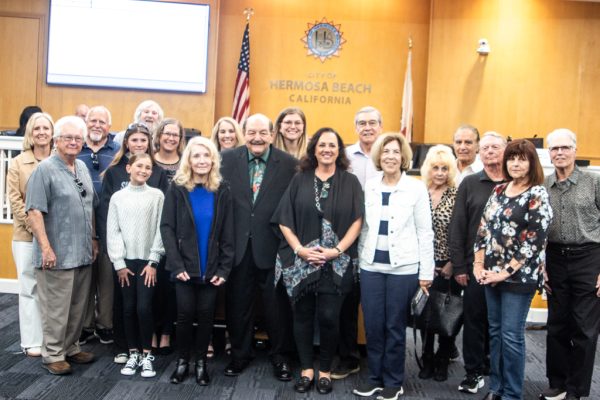by Garth Meyer
Redondo Beach City Councilman Zein Obagi, Jr., has reached a deferred prosecution agreement with a California U.S. Attorney’s office following a felony criminal probe into his actions with a former client, which previously led to a two-year ban from practicing law.
The Feb. 6 U.S. Attorney’s Office of Central California agreement stipulates that it file allegations of felony wire fraud and deprivation of honest services.
At the end of the deal’s three-year term, if Obagi complies with its rules, the charges are dismissed and the matter concluded. If not, the criminal charges may be pursued.
The State Bar of California last May found Obagi, Jr., culpable of two acts of “moral turpitude” for failing to pay $515,000 to a former client after the settlement of a lawsuit.
“As part of my civic duty, I chose to enter into this agreement, which is not an admission of guilt, but a sincere effort to bring to a close a matter that I have been dealing with for more than two years,” Obagi said this week to Easy Reader. “This resolution will allow me to keep my focus on the needs of my growing family and the Redondo Beach community I serve.”
The deferred prosecution is meant to resolve the U.S. Attorney’s Office’s investigation into Obagi’s participation “in a scheme to defraud a former client, Eric Dominguez, of both money and Dominguez’s right to defendant’s honest services, by means of materially false and fraudulent pretenses and the concealment of material facts,” U.S. Attorney’s Office prosecutor Daniel O’Brien wrote.
The agreement states, “On or about May 6, 2019, within the Central District of California, and elsewhere, defendant Obagi, for the purpose of executing the above-described scheme to defraud, transmitted and caused the transmission of a wire communication in interstate commerce, namely, an e-mail sent from defendant Obagi’s Gmail account to (current client) Cullen’s Gmail account, routed through Google servers outside of California, which e-mail acknowledged receipt of $657,000, expressed concern that money would be vulnerable to seizure, and recommended that Cullen send the money to someone he trusted.”
The routing of the e-mail outside of California makes the case federal.
The agreement also contains the following:
“Among the factors considered were the following: a) defendant’s timely willingness to acknowledge and accept responsibility for the actions charged…although not admitting that he is guilty; b) defendant’s lack of criminal history; c) defendant’s timely satisfaction of a $710,000 judgment imposed against him.
The State Bar’s prosecutor had sought disbarment for Obagi, although Judge Manjari Chawla did not see “clear and convincing evidence” that the misappropriation was intentional and dishonest.
“Obagi placed his interest above those of (his former client), not because he knowingly sought to deprive him of the money,” wrote the judge. ”(The prosecutor) does not prove… that the misappropriation was calculated.”
Chawla did rule, however, that related actions taken by Obagi were grossly negligent in that he delegated his $515,000 payment obligation to a third party. ER











